Coronavirus NSW: Ramadan observed differently in 2020
Large family gatherings will be replaced with low-key dinners as Ramadan goes virtual this year, with the coronavirus throwing ancient customs into disarray.
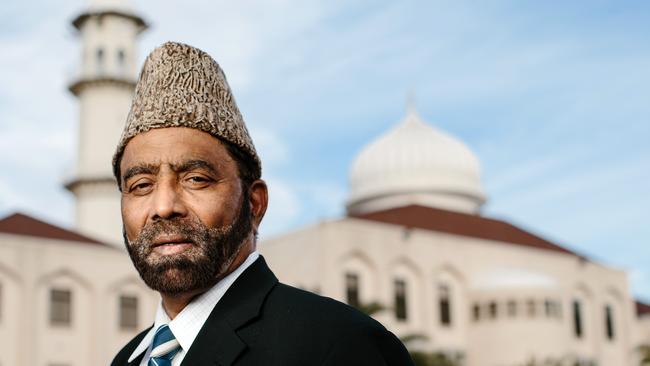
Parramatta
Don't miss out on the headlines from Parramatta . Followed categories will be added to My News.
- Merrylands: Man charged with spitting at security guard
- Excuses people are giving for breaking COVID-19 rules
- Girrraween residents turn area into hotspot
Sydney’s Muslim community is set to adjust how they observe Ramadan as the coronavirus forces worshippers to honour the Islamic period of prayer and fasting without many of its usual customs.
During Ramadan, Muslims fast from sunrise until sunset when they can eat again (iftar) - which usually culminates in a meal shared with extended family and friends.
Large festivals are also normally held across Sydney, particulary in the west and southwestern suburbs.
This year, Ramadan begins from Thursday, April 23, and concludes on May 23.
However this year, with the coronavirus pandemic forcing the population into social isolation restrictions, mosques have closed and dining out with large groups have been scrapped to combat the spread of COVID-19.
But Ahmadiyya Muslim Community Australia president Inamul ul-Haq Kauser, who is the imam at one of Australia’s largest mosques — the Masjid Baitul Huda at Marsden Park — said it was a time for families to unite.
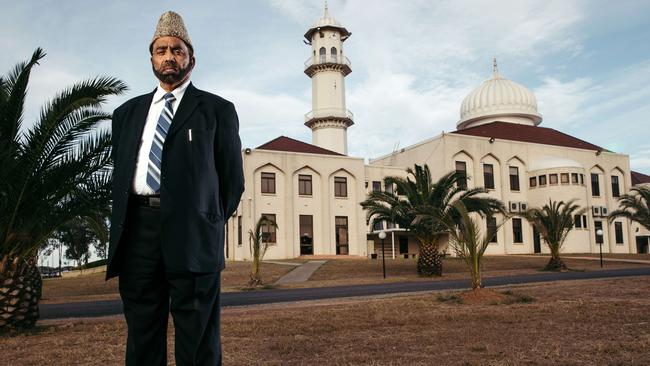
“This is a positive, that we have more time with the family than ever before,’’ he said.
“We are not offering our usual daily prayers but families are getting together.
“People were going to the mosque, or friends, or parents for dinner so we have more close relationships than ever before but it’s high time for prayers.’’
Muslims are advised to read a part of the Koran for 30 days of Ramadan and can also tune into Imam Kauser’s lectures, which are streamed twice daily.
“It is a great blessing of God we have some substitute otherwise we would be disconnected,’’ he said.
“We come on video link and everyone is watching from their homes.
“I teach them to be patient and steadfast and good times will come.”
Aside from the feasts with family and friends, marking the end of Ramadan, called Eid, will be noticeable with the lack of festivities at the Marsden Park mosque, where almost 3000 worshippers normally converge after 30 days.
“Muslims usually shake hands and hug each other,’’ Imam Kauser said.
“On Eid, it’s tradition you hug everyone — at least three hugs for every person — and it takes one hour and I really get tired.’’
This year, worshippers are only allowed to break their fast with immediate family, who will usually gather for refreshments such as dates and fruit juice as sunset ahead of prayers and a main meal.
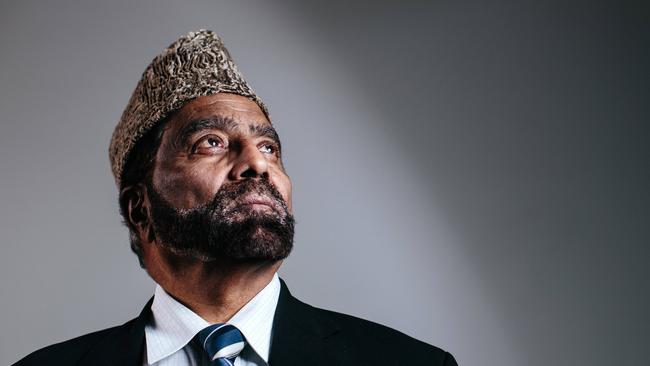
As a former imam in Queens, New York, where his son helms a mosque, Imam Kauser said now was also a time to count his blessings.
If he was still living in the US, he and his wife would fork out $23,000 a year in health insurance and living in a city which is the epicentre of the pandemic, with more than 10,000 deaths.
“At this time we are very appreciative of the Australian government,’’ he said.
“They have taken all these actions, that’s why Australia is very low (with deaths).’’
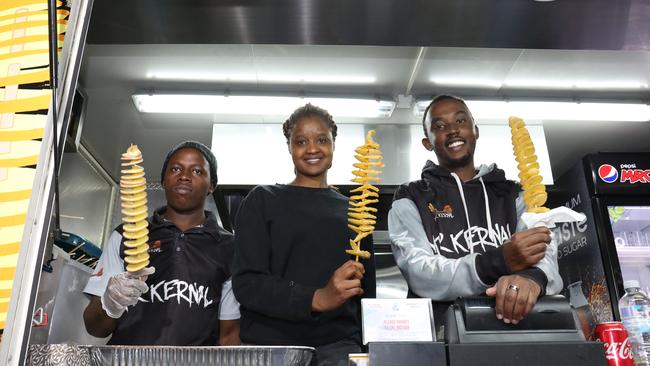
At Auburn, one of Sydney’s largest Islamic communities will no longer be free to flock to Cumberland Council’s Ramadan Festival on May 9 after it was scrapped when social distancing rules were implemented in March.
Mayor Steve Christou, whose council area has about 48,000 residents who identify as followers of Islam, urged the community to avoid public gatherings.
“We know that this is a revered month in the Islamic calendar filled with faith and reflection, and usually involves family gatherings and community congregations in mosques,’ he said.
“It is a challenging time, but just like we practised social distancing over the Easter long weekend, I want to stress the importance of social distancing for the safety of the community during Ramadan.’’
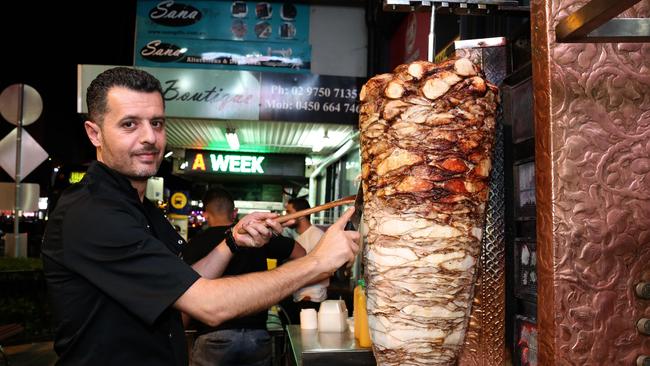
Lakemba’s Ramadan Nights, a food festival and one of Sydney’s largest events during the holy period was also axed to comply with restrictions.
The event usually attracts 30,000 people who flock to Haldon St where scores of food stalls operate during iftar.
At El Sweetie dessert cafe in Granville, staff normally serve dinner during Ramadan but will only sell takeaway sweets.
At Armani Lebanese restaurant in Parramatta, its Ramadan buffet usually attracts 200 customers for each sitting but takeaway options are only available now.
